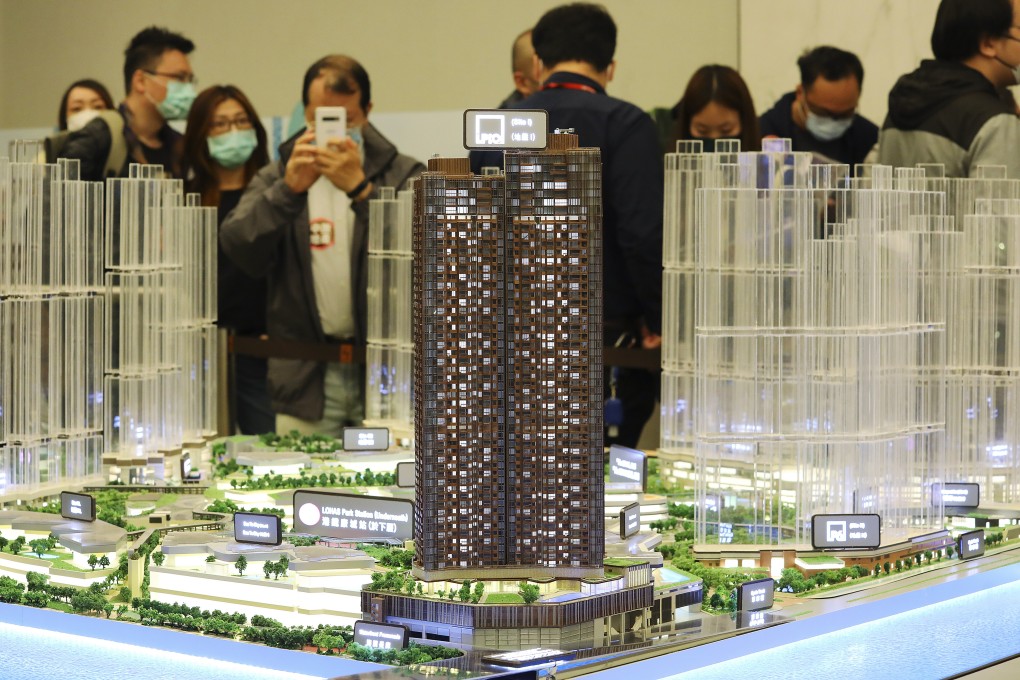Letters | Hong Kong housing: who benefits from the budget’s raising of mortgage caps for homebuyers?
- Readers discuss the government’s opening of the mortgage funding tap, and how the use of Covid-19 isolation units could be extended

Homebuyers will soon be able to choose a mortgage with a loan-to-value (LTV) ratio of 80 per cent of the property value of up to HK$12 million, and for first-time homebuyers, 90 per cent for value of up to HK$10 million. The Hong Kong Mortgage Corporation has also extended its Mortgage Insurance Programme to cover property valued at between HK$12 million and HK$19.2 million, with a loan cap of HK$9.6 million.
To benefit from the maximum mortgage loan of HK$9.6 million, the household income under the current interest rate and stress test would require a minimum of HK$91,000 per month, excluding liabilities. This is based on the recommendation that the repayment amount not exceed 50-60 per cent of income.
According to the Census Bureau’s Quarterly Report on General Household Survey: July–September 2021, the number of households with income at or above HK$100,000 per month was 192,600, representing 7.2 per cent of all households in Hong Kong. This figure covers a very narrow spectrum of the middle-class band, who would be entitled to the higher LTV mortgage loan.
Moreover, households which already own a property and intend to upsize would sell their existing property to maximise the deposit and meet the requirements of the mortgage stress test. With more cash to cover the deposit, they will not benefit from the higher LTV ratio.